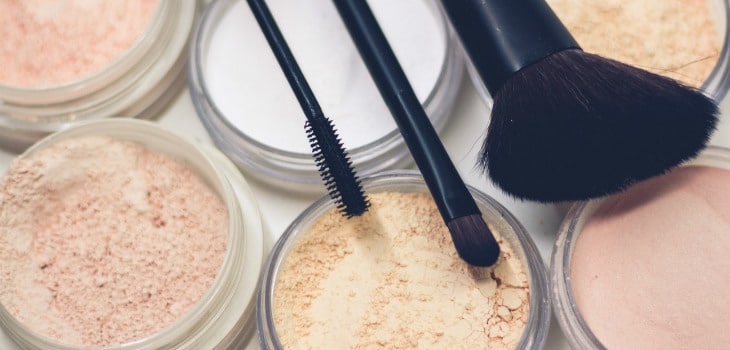Cruelty-free Beauty: a Growing Demand
Written by Fiona Ward
In July 2017, a new legislation came into force in Australia: banning the sale of animal-tested cosmetics and other personal products in the country, as well as those containing ingredients tested on animals.
For many already working in the natural wellness sphere, an ethical, cruelty-free stance has long been a top priority.
But in recent years, the issue has branched considerably into the mainstream – and everyday consumers have never been more conscious when it comes to animal rights.
A 2016 Roy Morgan survey found that 46 percent of Australian women would choose ‘not tested on animals’ as a feature important to them when purchasing cosmetics – a statistic that had grown by 12 percent since 2012, and no doubt has grown again since.
But with the new legislation now in force, do businesses still need to consider how they communicate their ethics to customers? Yes, they do.
Understanding the target consumer
Cruelty-free consumers are some of the most savvy around. “I’m very dedicated to my cruelty-free stance when it comes to buying beauty products, as well as cleaning and personal care items,” says 28-year-old Louise Lopez, who’s been an ethical shopper for two years.
“So if a brand hasn’t stated a satisfactory policy clearly on their website or packaging, I won’t use it. While the Australian legislation is a great step forward, there are still other things I consider when buying – including sales in China and any loopholes in the law.”
Indeed, the situation in China is one of great importance to cruelty-free consumers. Most recently, beauty giant NARS was boycotted by thousands of consumers around the world after launching in the country – where it’s the law to test most imported cosmetics on animals.
And while small start-ups and businesses with a focus on natural ingredients may not even consider this as an option, it’s a question most ethical consumers will ask before buying into a brand, no matter how independent.
“Being a farmer, animals and nature are at the forefront of my mind,” says Ann Leslie, founder of Pure Nut Macadamia Skin Care, who are exhibiting at Naturally Good 2018.
“Initially, I thought it would be a given that we don’t test on animals – but I had to change our website and labels after receiving queries about it from customers.
“Customers really want to know more about their products,” she continues. “What’s in them, where they’re made and where the ingredients are from.”
Undoubtedly, clarity is the most important aspect of marketing when it comes to ethical shoppers – and any ambiguity will lead to suspicion.
“Brands have to become more transparent,” adds Ann. “Consumers are asking more and more questions.”
Packaging and presenting to customers
Labelling is key to this, and is something that, again, shoppers are increasingly wary of. “There are companies that have been deceiving with their packaging claims in the past – sometimes using a bunny symbol that doesn’t actually mean anything, or the phrase ‘cruelty-free’ when that only relates to the finished product, not the ingredients,” says Louise.
“When it comes to symbols, I only trust Cruelty Free International’s Leaping Bunny, or Choose Cruelty Free’s ‘Not Tested On Animals’ badge – both of which require strict protocols to use it.”
From a business perspective, accredited symbols aren’t always an option due to costs, but are worth considering. “People have the right to know and to question so they can feel confident. I think companies need to state their position,” says David Johnston, managing director at Weleda Australia, also exhibiting at Naturally Good 2018.
“We choose to work with NATRUE as they have the highest standards for natural and organic skin care and also have a strict no animal testing policy. Labels help consumers make an informed decision at a glance.”
For those that accreditation isn’t an option for, the best approach for gaining trust from cruelty-free consumers is a solid, honourable policy. Expect questions from customers, and be prepared to answer them.
Most will ask about individual ingredients, international sales and third parties – some will ask about the policies of parent companies too.
“We are definitely noticing an increase in enquiries from consumers wanting to know about our cruelty-free status, indicating that awareness around the issue of animal testing is on the rise,” says David.
“It is apparent especially in consumers who are already questioning brands’ standards and are looking for reassurance that their products are manufactured in an ethical and sustainable manner.”
The ethical product market is certainly more complicated than it might first seem – but cruelty-free customers are among the most loyal when they find a product they can trust and enjoy.
Be honest, be prepared and be principled, and find a customer base that will return again and again.
-
Get your FREE ticket
- REGISTER FOR FREE
